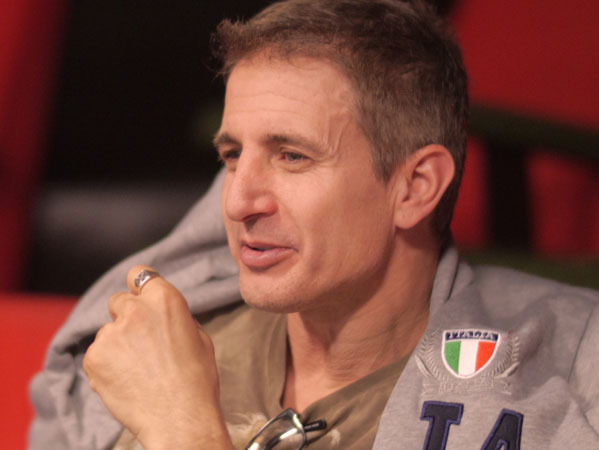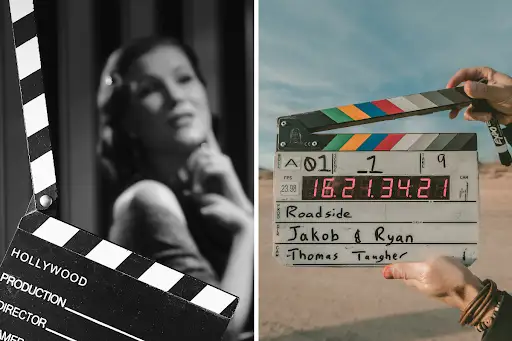The Benefits of Continued Voice Training for Actors

An actor’s voice is a powerful and valuable tool. A well-trained voice allows them to captivate an audience, effectively communicate and convey characters with incredible depth.
While many actors feel that voice training is only necessary at the beginning of their careers, there are several benefits to continued voice training beyond a foundational level.
In this guide, we’ll take a look at how vocal training, just like continued acting classes, can be highly beneficial to the longevity of your career and versatility as an actor.
What Is Voice Training?
Voice training as its name suggests is specialised training aimed at strengthening an actor’s voice and giving them better control and range.
It involves working with a vocal expert on a variety of activities related to warming up, breath work, posture, sound projection and more.
Not only an essential tool for outstanding performances, vocal training also works to preserve the health of your voice, protecting it from strain.
Why Professional Training Matters
It may be tempting to think you can manage the training and upkeep of your voice yourself, however, this is not recommended. The risk of injuring your voice is high and minimal gains will be achieved.
Just as acting cannot be successfully learned in isolation, effective voice training requires professional guidance.
A voice coach is specially trained and understands how to get the most out of your voice through targeted exercises and measured practice. They know just how far to push you and exactly what you are capable of.
Additionally, they support you to protect your voice and can assist with recovery management should strain or injury occur.

Benefits Of Ongoing Voice Training
It is highly recommended to invest in ongoing vocal training, no matter your experience level.
This is because continued vocal training throughout your career as an actor can provide many benefits, both short and long-term.
These include but are not limited to:
Enhanced Vocal Range & Flexibility
Ever tried to sing and just can’t hit that high or low note right? Or perhaps you auditioned for a role but your voice just didn’t suit the character.
Vocal training can expand your vocal range so that you can convincingly portray a wider range of characters and confidently carry a tune.
By learning better breath control, resonance, and pitch modulation, greater flexibility in vocals is achieved. This is essential for any actor seeking to be as versatile as possible, giving them the ability to master a powerful Shakespearean soliloquy just as easily as a refined dramatic scene.
As we all know, versatility and flexibility as an actor is an essential component of longevity in this industry.
Better Articulation & Clarity
Clear and articulate speech is vital to communication and this is especially true on stage and screen. Mumbled lines or poor pronunciation can quickly see an actor sidelined and audiences disengaged.
Ongoing voice training ensures your pronunciation and diction are precise without being robotic, allowing you to convey your lines with the utmost clarity.
This can be especially helpful to actors who have speech impediments, a strong accent or need to perform in a specific dialect, giving them the confidence to perform in even the most challenging scenarios.
Sustained Vocal Health
Without your voice as an actor, your career will quickly stall. No matter how experienced you are, the rigorous demands of acting, often performing for hours and days on end can take their toll.
Vocal strain and injury from projecting or intensely emotional performances are common. Regularly training your voice, just like you would train your body for a marathon, is the best way to avoid this.
Ongoing training means you will learn proper vocal care and maintenance while also receiving professional guidance from an expert that is tailored to your current role.
Ensuring you continue to practice proper vocal hygiene and relaxation techniques aimed at preserving your vocal health is essential to your career longevity.
Greater Emotional Resonance
Conveying emotion truthfully and connecting with an audience on a deeper level is the goal of every actor.
Ongoing voice training ensures you are continually investing in creating authentic performances and captivating your audience. Training supports you in exploring the nuances of vocal expression from subtle inflections to powerful intonations.
This heightens your ability to convey and evoke emotions in an audience, giving a performance that resonates with them and elicits genuine, heartfelt reactions such as empathy, laughter or tears.
Increased Confidence & Presence
We’ve talked before about the value of confidence and presence as an actor and nothing quite betrays your true feelings quicker than your voice.
You could be an exceptionally well-trained actor in every other area, but should you have a weak or wavering voice, your career is unlikely to advance.
A strong, well-trained voice commands attention and immediately brings a sense of presence and audiences are compelled to look.
Ongoing training makes you aware of your vocal capabilities and shows you how to use it as a powerful instrument of expression. This increased confidence is not only beneficial on stage or screen but also helps you to stand out in a variety of professional and social contexts.
Effective Communication Skills
Learning to modulate tone, pace and emphasis as an actor makes you an adept communicator.
An important skill used to persuade and engage audiences, effective communication skills are also highly valuable in other areas.
Not only are these skills transferable to public speaking engagements, voiceover work, and other industry endeavours, but also they support you to better navigate professional interactions.
Pursuing ongoing voice training and refining this particular skill makes you even more convincing, versatile, and employable as an actor and ensures you are well-respected.
Adaptability To Evolving Industry Trends
The entertainment industry is not immune to change and is constantly evolving to incorporate new technologies and mediums for performance and storytelling.
Continued voice training alongside ongoing acting classes helps to keep you abreast of these changes and best prepared to work with them. Equipping actors with the skills necessary to adapt to and thrive in diverse creative environments.
From navigating the intricacies of motion capture performance, recording voice overs for virtual reality experiences, or mastering the challenges of dubbing for international audiences, your voice needs to be ready.
Demonstrates Professionalism & Commitment
Agents and casting directors alike look kindly on actors who are dedicated to the continual improvement of their skills and learning of their craft.
It shows a willingness to accept guidance and that you are passionate about being the best at what you do. This can make you much easier to work with as opposed to an actor who believes they already know it all and there’s no room for improvement.

Find Your Voice With The Actors Pulse
With decades of experience behind us, the team at the Actors Pulse offers unmatched training in all facets of acting.
The leading school in the Southern Hemisphere for the Meisner Technique, we understand the demands placed on actors both on stage or screen and the importance of ongoing training.
No matter your experience level or past learnings, we support you to continually refine and master your skills as an actor with vocal training as a component of this.
Learn how to be a flexible and adaptable actor who is highly sought after and expertly captures audiences with truthful, compelling performances.
Contact the Actors Pulse Today at 0414 475 515 to learn more or to book a place in one of our outstanding classes.
Start today!
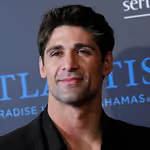
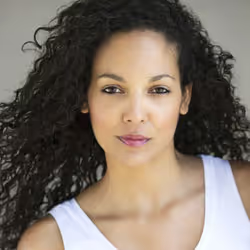
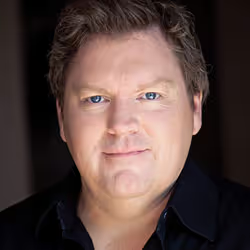


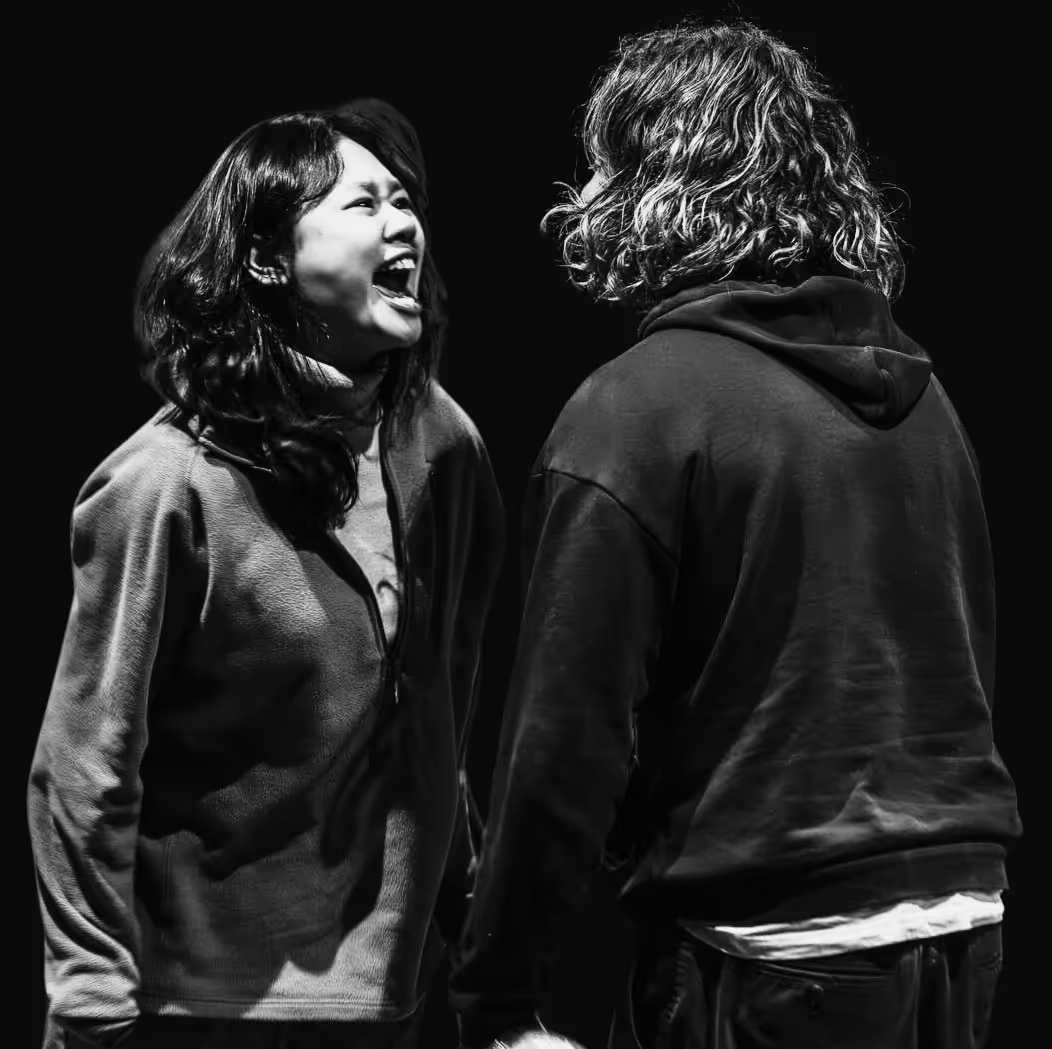



Contact Us
Get in touch with us using the form or details below. We look forward to hearing from you!




